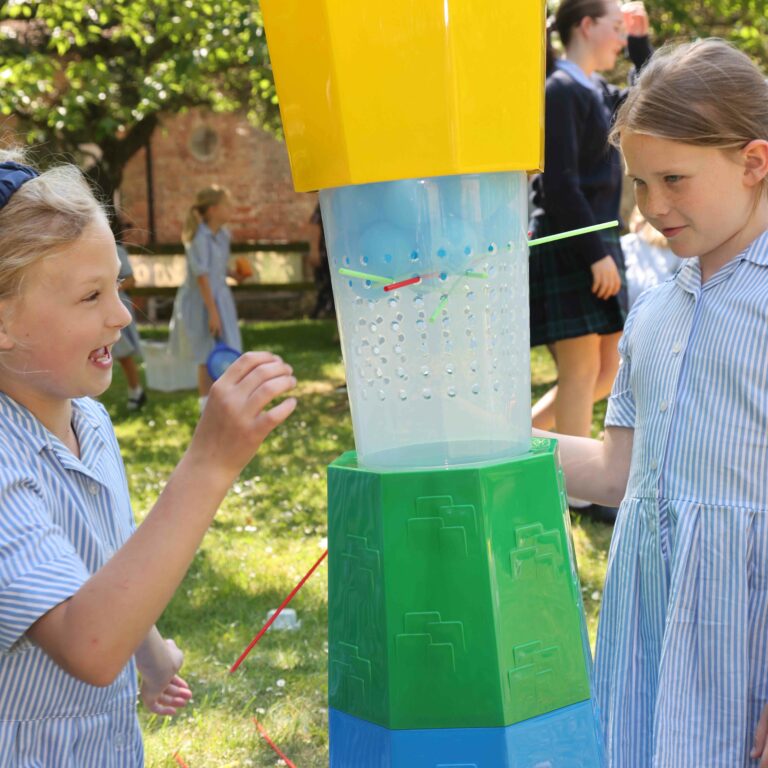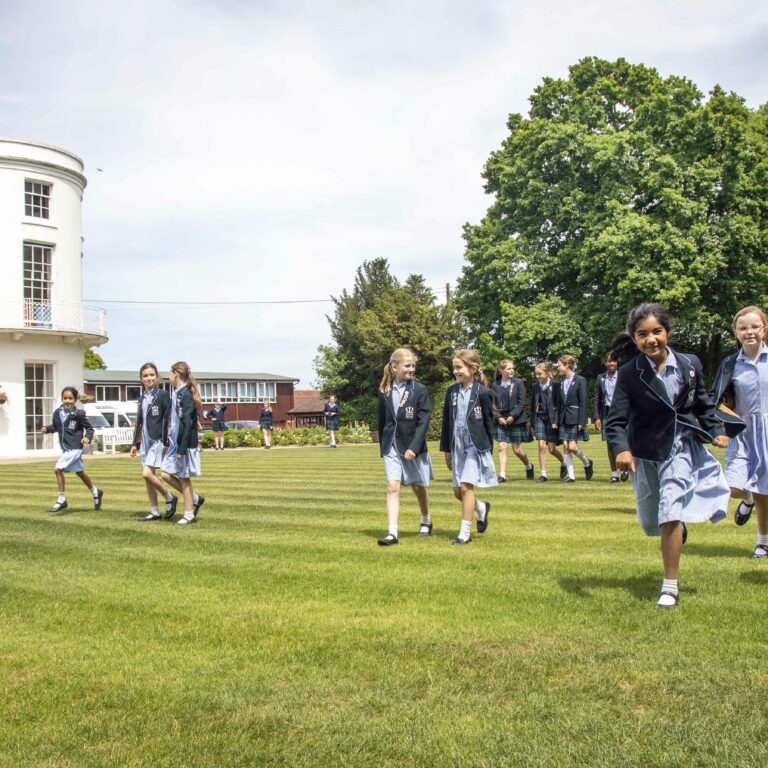HAPPY AND HEALTHY
The care and welfare of our students is a high priority at Manor House School and we have a strong tradition of excellent pastoral care. We want every girl to love coming to school and for Manor House School to be a place where our students feel comfortable, safe and secure and where they grow in confidence and give of their best.
Our girls flourish in an environment where friendship, respect and mutual support are ever-present. Our through-school ethos means that girls lower down the school interact with the older girls and this promotes a sense of family and belonging.
A dedicated form teacher or (in Seniors) form tutor is available to encourage and advise pupils. They are supported by three Heads of Key Stage; our Head of Prep School up to Year 6 (supported by a Head of Early Years for Nursery and Reception classes) and in the Senior School, a Head of Key Stage 3 (Years 7-9) and Head of Key Stage 4 (Years 10 and 11).
We have an annually appointed Core Prefect Team consisting of Head Girl, Deputy Head Girl and two Senior Prefects. In addition, we appoint a Supporting Prefect Team which includes House Captains, Academic Prefects, Sports Prefects, Subject Prefects and importantly, a Lead ‘Supportive Friend’ Prefect and Prep Leader Prefects for each Prep School class from Nursery up to Year 2 of the Prep School.


